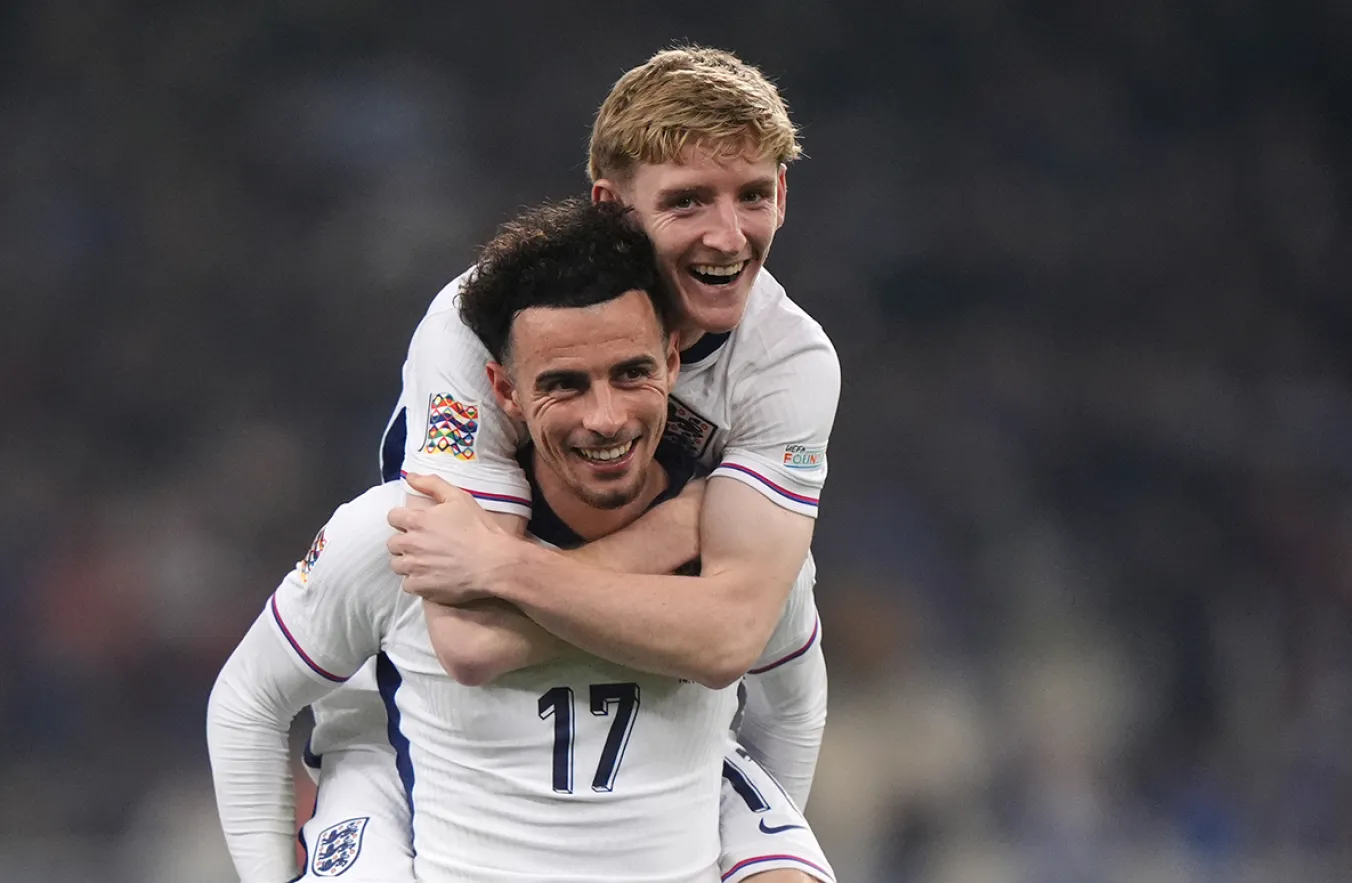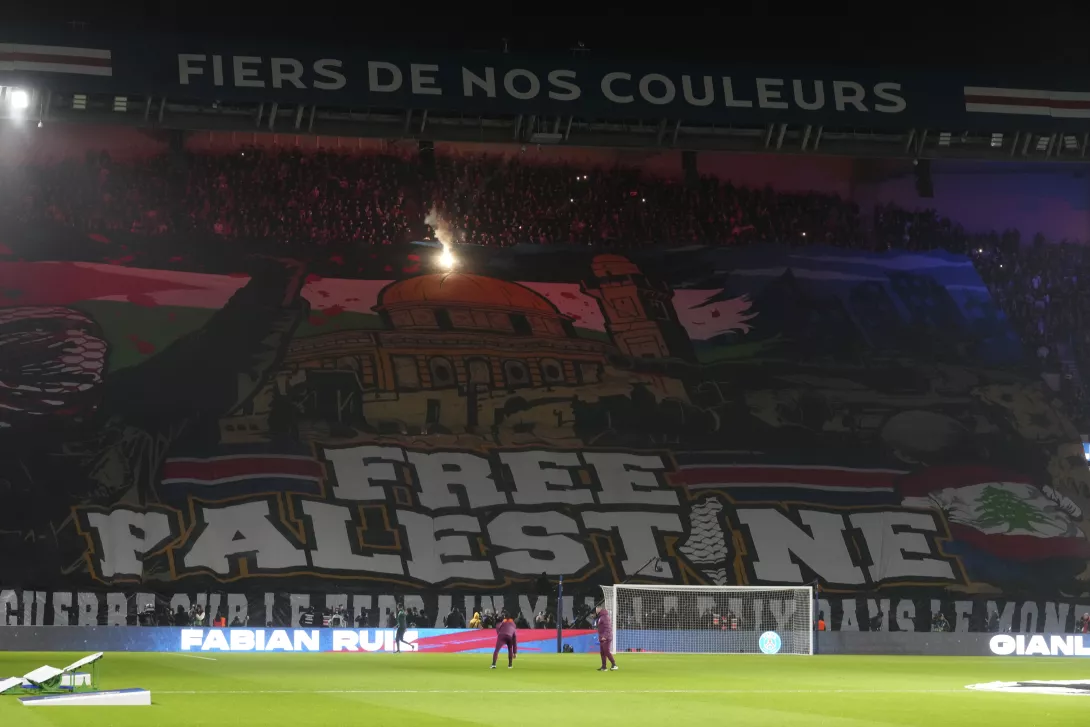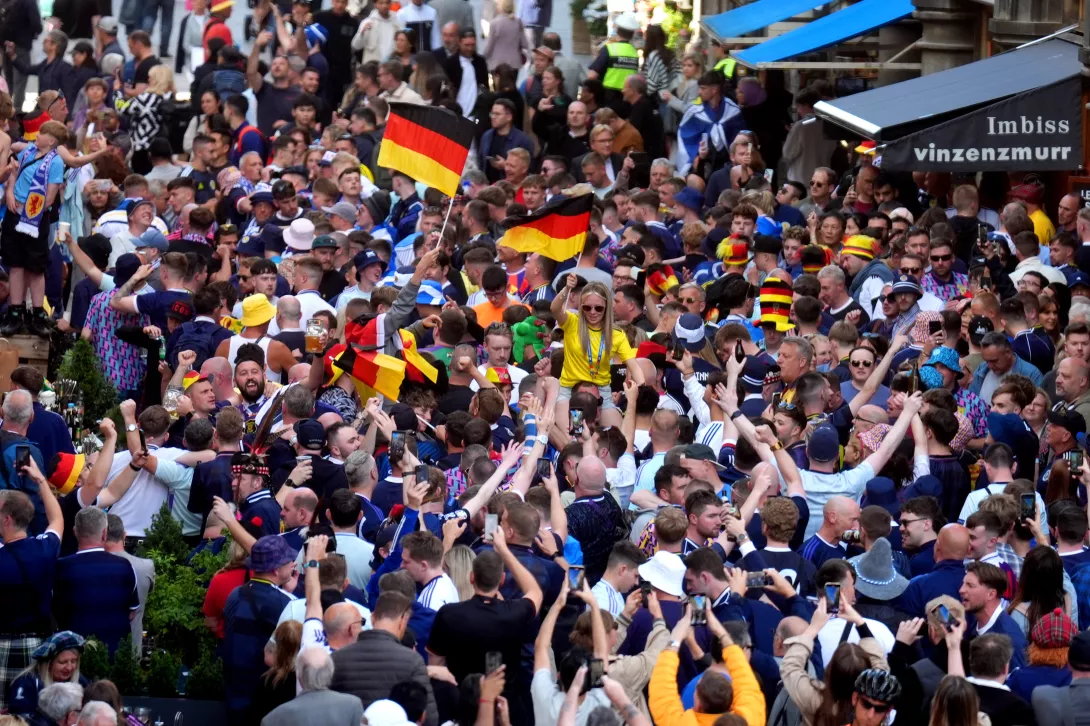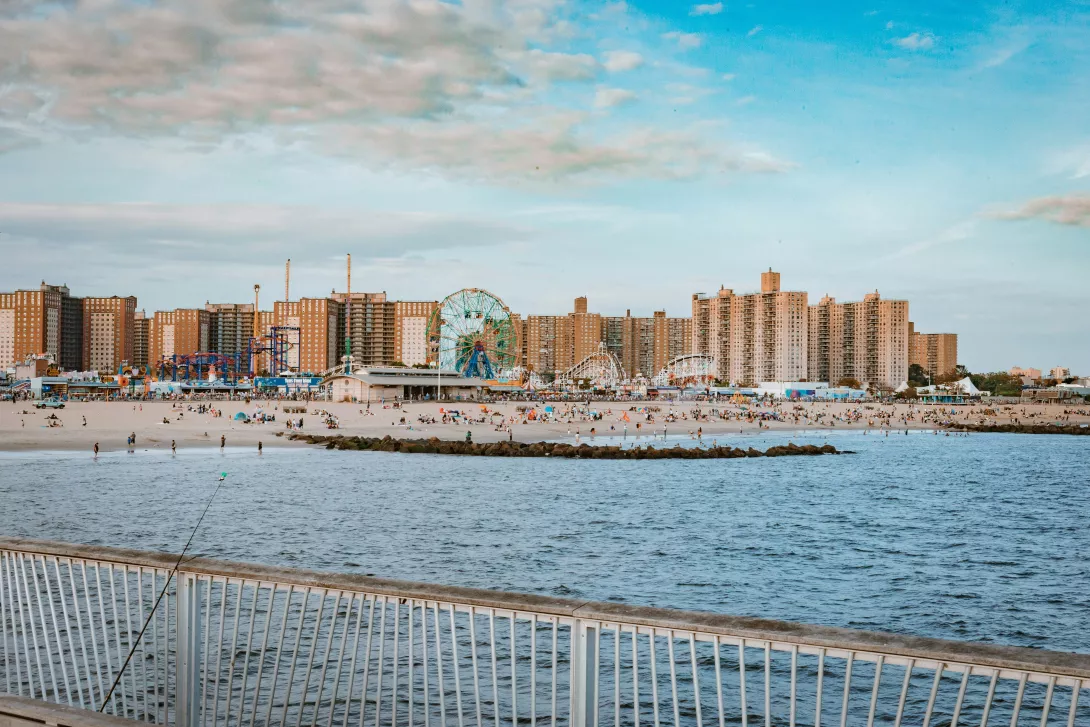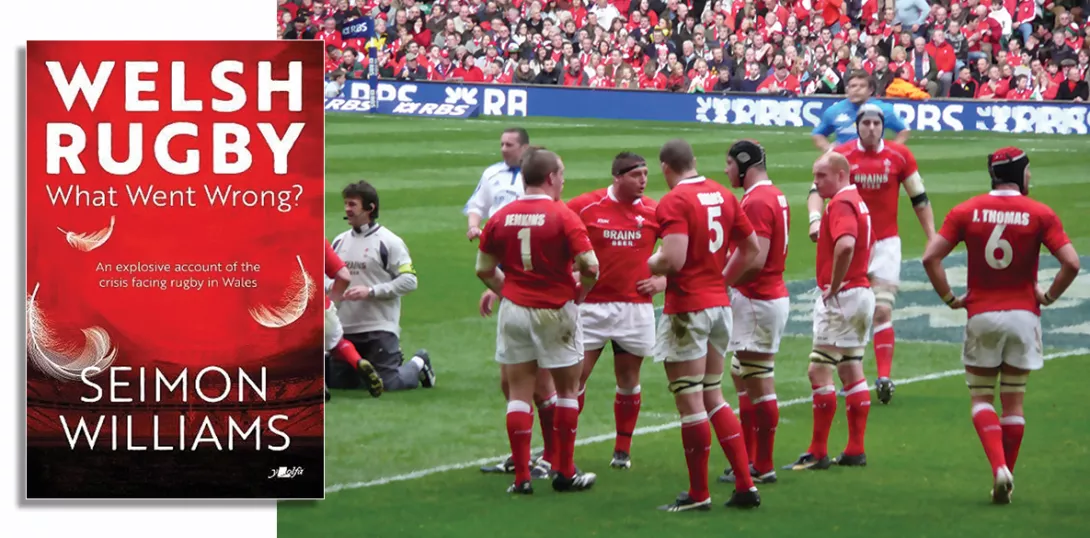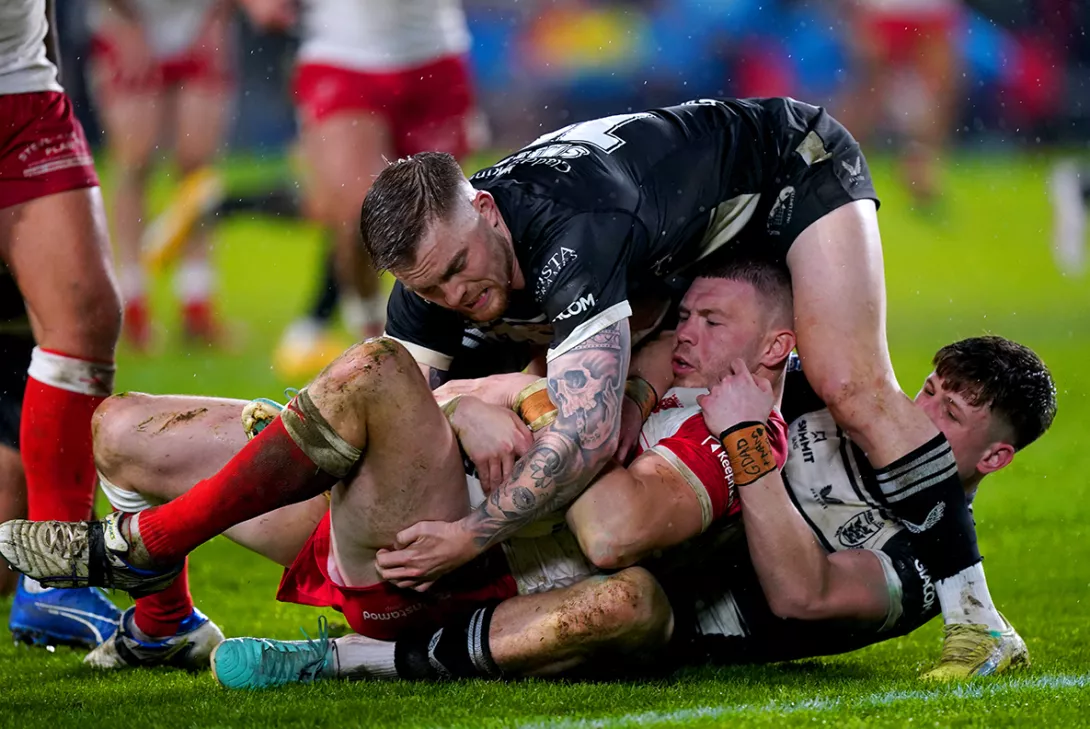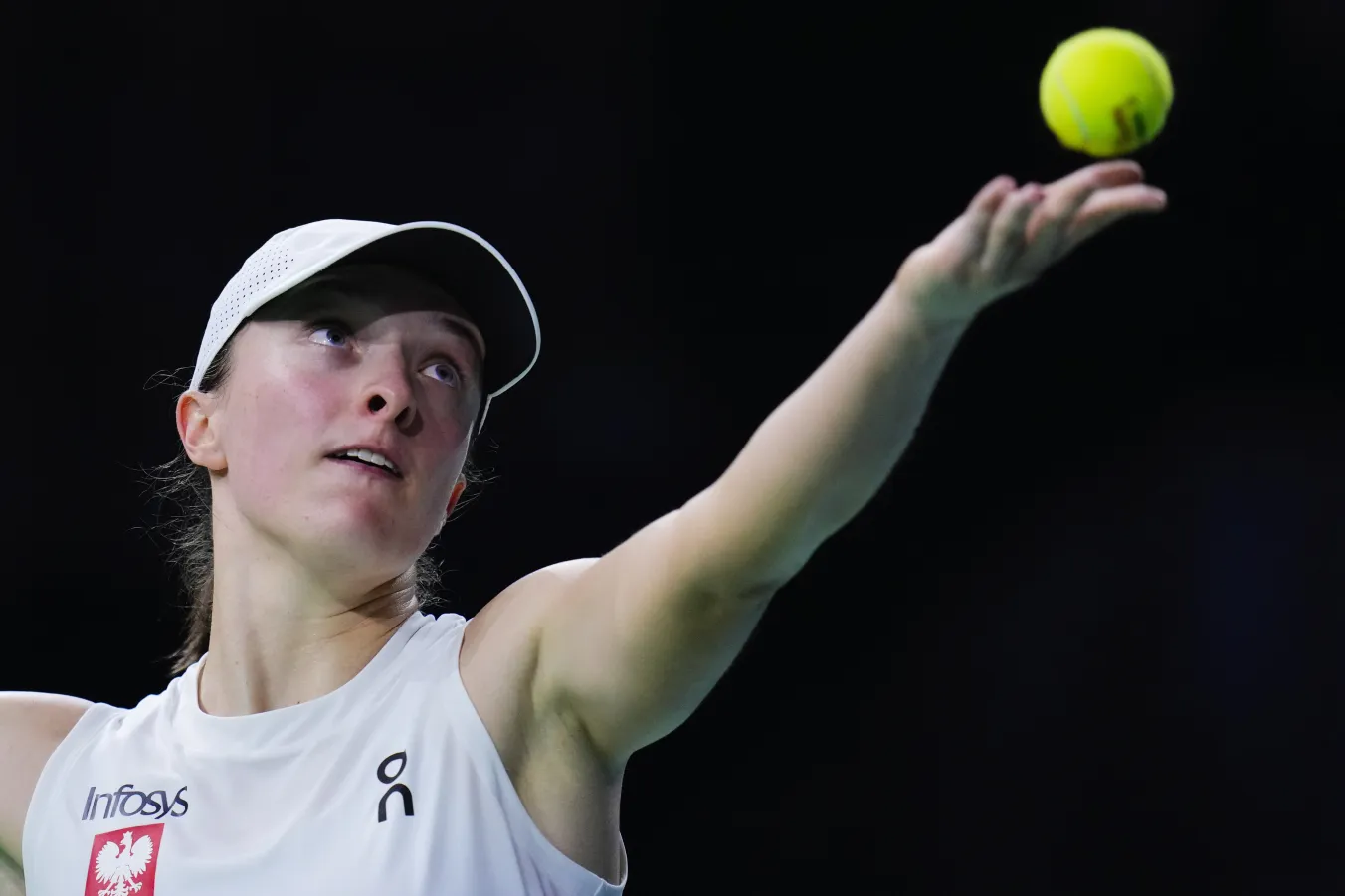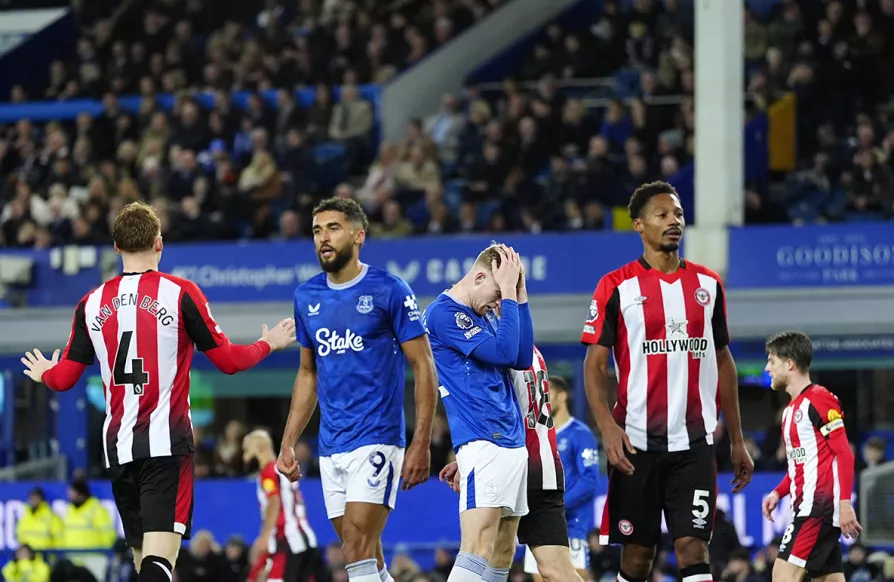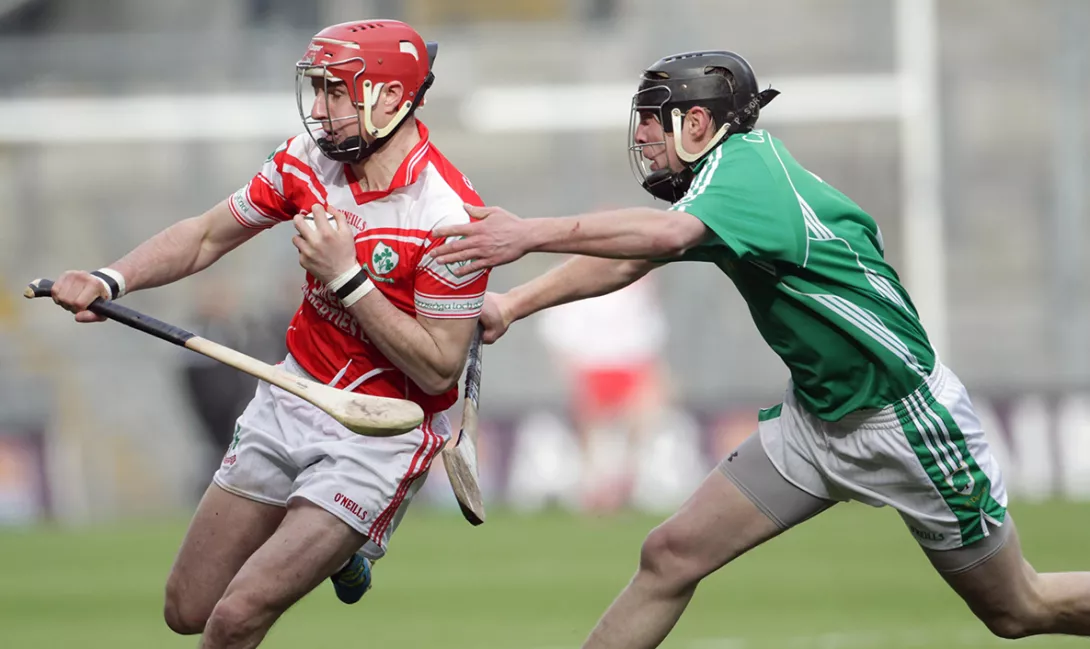
ANYONE lucky enough to turn on BBC2 last Sunday afternoon would have been treated to an exemplary exhibition of one of the best sports in the world.
The All-Ireland Senior Hurling Championship between Clare and Cork at Croke Park, Dublin, was a surprise but welcome feature of the day’s sporting schedule.
As is often the case when hurling is exposed to a wider audience, it gained plaudits from fascinated new viewers.
Clips of the game went viral on social media, especially the all-important goals scored by Mark Rodgers and Tony Kelly for eventual winners, Clare.
It raises the question of why this is not one of the most popular sports in the world, but its tradition and attachment to the towns and counties in which it has been played since ancient times, before being codified by the Gaelic Athletic Association (GAA) in the late 1800s, is as important as any potential wider popularity.
Hurling is not as easy to describe as most other sports, mainly because it requires skills needed for all of those other sports in the one game. But that cross-sport familiarity can also make it easier for new viewers to get into.
It has elements of field hockey, lacrosse, all of the racket sports, and baseball, and on one occasion a free (free hit) was compared to a golf shot by the commentators (perhaps because it was taking place at the same time as the Open golf in Scotland).
At the same time, it has the physicality of sports like ice hockey and all forms of football, including rugby, and is played on a similar-shaped pitch to football games, just longer and wider.
The progress with the ball, requiring specific dribbling skills to advance up the field could even draw comparisons to basketball, although the balance of the ball (sliotar) between the hurl and the hand is much different to bouncing a basketball.
The goals function both as football nets and rugby posts, with points awarded for shots between the posts over the bar, and goals (counting as three points) awarded in the usual manner. Sunday’s game finished Clare 3-29, Cork 1-34 (goals-points).
Fans and participants of pretty much any other sport will find some form of familiarity in hurling, whether that comes from skills executed by the players in isolation to the look and feel of the pitch and the goals.
This makes it more accessible to new viewers than it might initially seem, and from that initial hook, the basic rules are relatively easy to grasp.
The hurling championship game also showed the enduring importance of free-to-air, widely available and accessible TV channels when it comes to finding the audience for sporting events.
Were this behind a subscription service or only streamed online it would not have had the snowball effect seen as people tuned in last Sunday afternoon.
BBC viewing figures are currently unavailable, but on RTE in Ireland, the game peaked at 1.23 million viewers — 77 per cent of the TV audience share at that time.
Hurling remains an amateur sport and these players will have been back in work this week after playing in one of the most celebrated, high-profile sporting events of the weekend.
When asked by Mark Sidebottom of the BBC what it would be like to return to work tomorrow, Clare’s Shane O’Donnell responded: “I’ve a couple of days off!” as his teammate Mark Rodgers gestured to suggest that might be the case for all the players.
“It’s a great balance, to be honest,” added O’Donnell. “But today is your day of days and it can be hard to come back down to a normal day’s work after it.”
As amateur sports, GAA games can face similar issues as those faced by many other sports since the 19th century as increasing amounts of money inevitably enter the game.
The GAA invests money made back into the game from grassroots level to the top, but as in any amateur sports there are always debates around where the money should go.
In contrast to other sports that have turned professional, GAA sports may have endured as amateur pastimes due to their links with places and communities they represent, rather than being clubs run for profit.
This is local parish, club and country representation, rather than representation of a club set up as a limited or public company. It’s similar to the idea of international sport but at a more local level, or an amateur version of Australian rugby league’s State of Origin games.
These GAA competitions also incorporate the whole of Ireland. This weekend, the equivalent intercounty championship will be played in Gaelic football between Galway from the west and Armagh from Ulster.
So far this football final is not listed to be shown on BBC2, sadly, but is available on BBC2 Northern Ireland via the iPlayer and website.
Meanwhile, the 2024 All-Ireland hurling final between Clare and Cork is still available to watch on BBC iPlayer and will be for a few more weeks.
It was described in the GAA’s match report as “one of the greatest ever All-Ireland SHC deciders,” and even those watching the sport for the first time would have no arguments with that.
